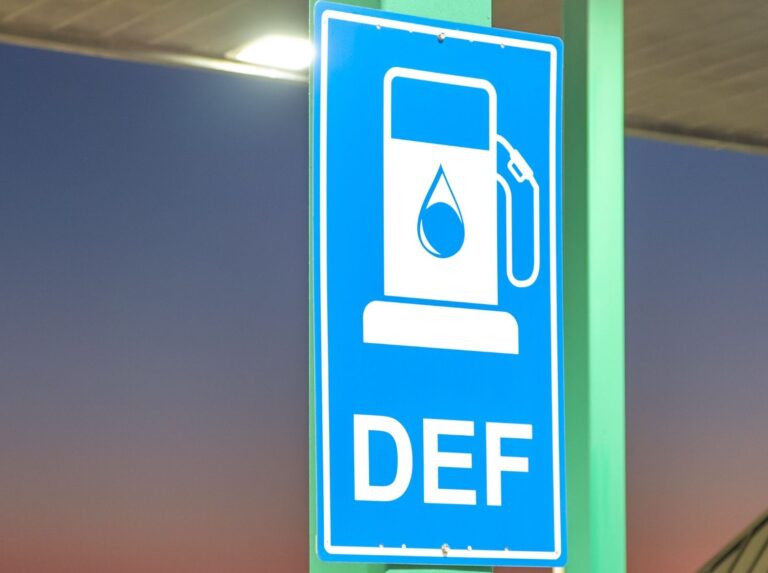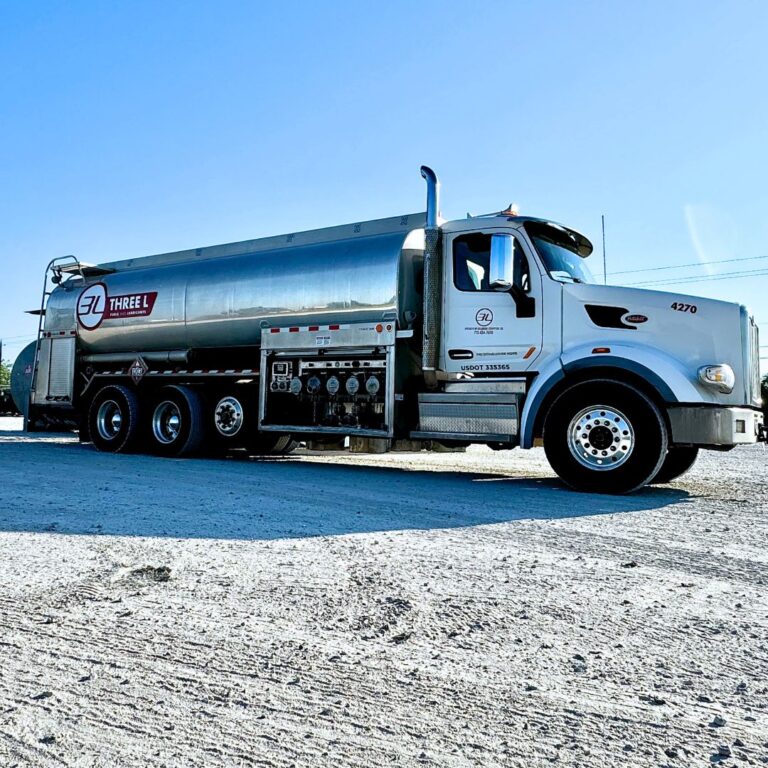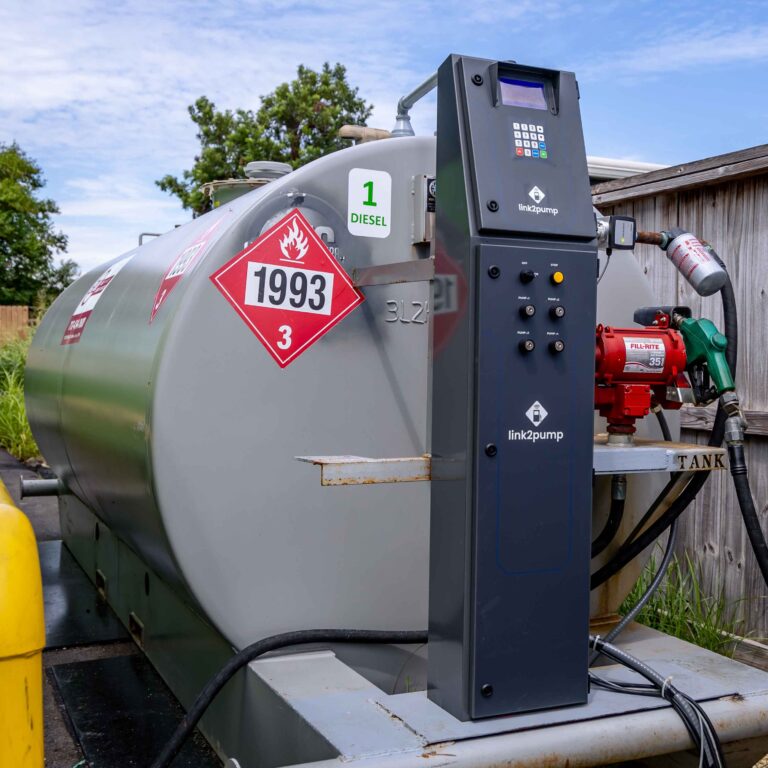
Benefits of Recycling Used Oil
While it may seem like a waste product, used oil offers numerous advantages, and repurposing it not only protects the environment but also delivers other significant benefits, which we will discuss in this article.
In the global effort to shift towards more sustainable energy sources that decrease the impact on our environment, a few greener fuel alternatives have come into play. In this article, we will take a look at biodiesel and renewable diesel.
Biodiesel (FAME) and renewable diesel (HVO or green diesel) are renewable, biodegradable, and domestically produced alternative diesel fuels. Both are derived from vegetable oils, greases, and recycled animal feeds and waste that would have otherwise been disposed of. Although they are both greener options to be used in place of petroleum diesel fuel, they differ in several important characteristics.
Which Is Best for Your Business?
The one you choose depends on the vehicle you drive, weather conditions, and what your ultimate goals are. As discussed above, the cost of biodiesel is cheaper. Therefore if you don’t live in a state that gets freezing temperatures and cost is a factor, biodiesel might be the better option. But ultimately, renewable diesel is a higher end product that has better performance, can be used in existing infrastructure, and produces fewer harmful emissions.
If you are a business in need of a biodiesel or renewable diesel, or just want a little more information about it, get in contact with us! One of our industry experts will help guide you through all of our product and service offerings.

While it may seem like a waste product, used oil offers numerous advantages, and repurposing it not only protects the environment but also delivers other significant benefits, which we will discuss in this article.

Diesel Exhaust Fluid is an integral part of engines that run off of diesel. In this article, we will discuss what DEF is and answer some of the most common questions regarding it.

Fuel is the lifeblood of construction and mining operations. Heavy-duty machinery, generators, and transport vehicles need consistent, reliable fuel supplies to keep the operation running smoothly and prevent costly downtimes. In this article, we’ll explore the critical role that job site fuel delivery plays in the construction and mining sectors and how it contributes to operational success.

Learn how bulk fuel delivery drives efficiency and cost savings in certain industries that rely on it.

Fuel management systems are a great resource for companies that operate with a fleet of vehicles. In this article, we will talk about some of the benefits of having a fuel management system in place.